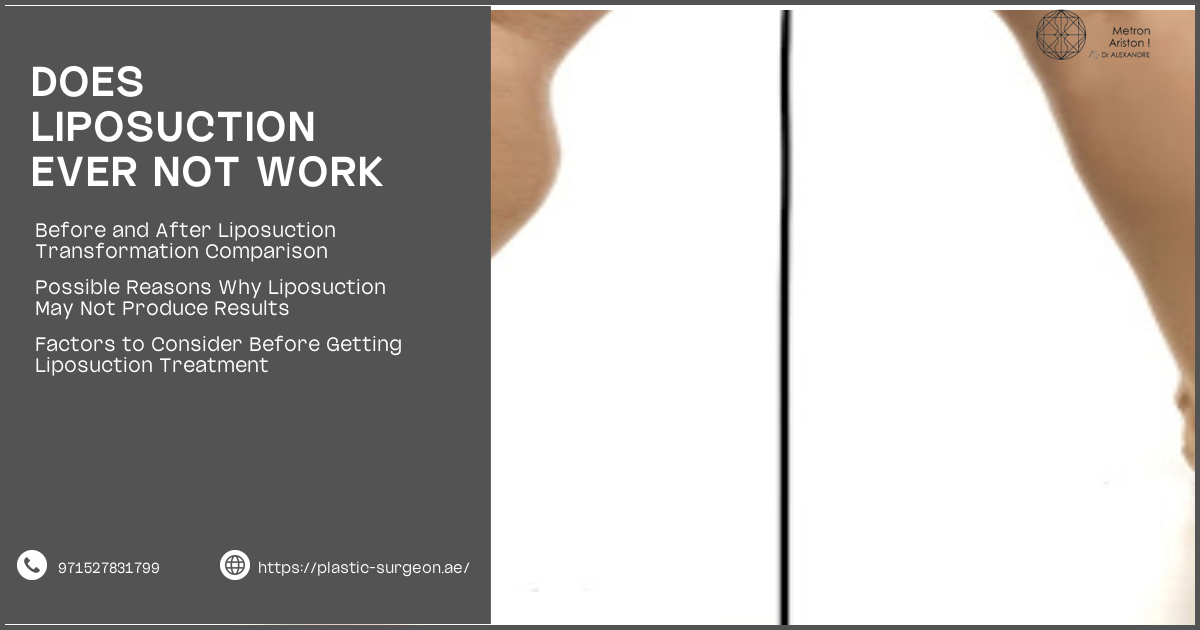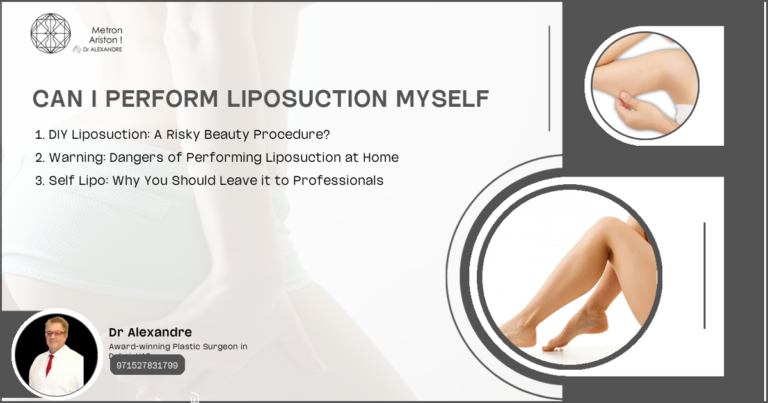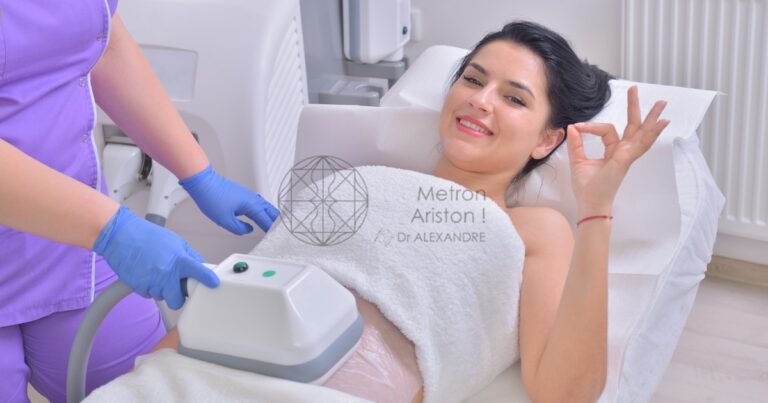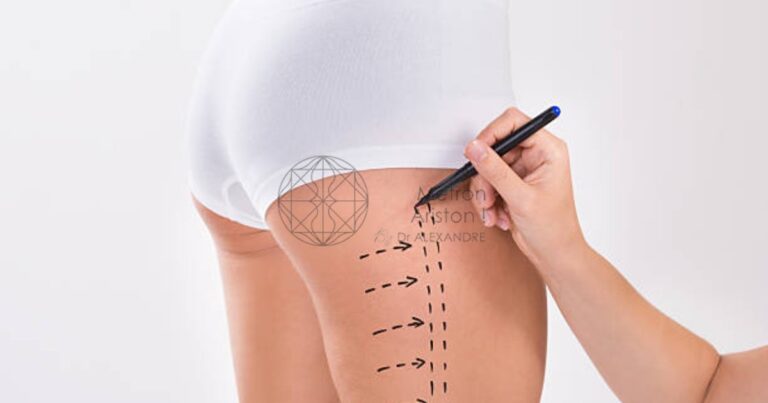Does Liposuction Ever Not Work
Liposuction is a popular cosmetic procedure aimed at removing excess fat from specific areas of the body. However, many people wonder, “Can lipo not work?” or “Does liposuction ever not work?” This article delves into these questions, exploring the factors that influence the effectiveness of liposuction and what can be done to maximize results.
Liposuction is generally effective, but there are instances where it may not meet expectations. Understanding why this happens is crucial for anyone considering the procedure.
Liposuction Effectiveness
Success Rates of Liposuction Procedures
Liposuction has a high success rate, with most patients reporting satisfaction with their results. However, success can vary based on several factors.
- Patient satisfaction rates : Generally high, often above 80%.
- Procedure success : Depends on the skill of the surgeon and the patient’s adherence to post-operative care.
Factors Influencing Liposuction Results
Several factors can influence the outcome of liposuction, including the patient’s health, the area being treated, and the surgeon’s expertise.
- Health conditions : Conditions like diabetes or poor skin elasticity can affect results.
- Treatment area : Some areas respond better to liposuction than others.
- Surgeon’s skill : Experienced surgeons tend to achieve better results.
How to Maximize Liposuction Results
Proper Pre-Operative Preparation
Preparing for liposuction can significantly impact the outcome.
- Medical evaluation : Undergo a thorough medical check-up.
- Lifestyle changes : Adopt a healthy diet and exercise routine.
Post-Operative Care and Maintenance
Post-operative care is crucial for maintaining liposuction results.
- Follow-up visits : Regular check-ups with your surgeon.
- Lifestyle maintenance : Continue with a healthy lifestyle to maintain results.
Liposuction Techniques and Their Success Rates
Traditional Liposuction
Traditional liposuction involves manually breaking up fat cells before suctioning them out.
- Success rate : Generally high but depends on the surgeon’s skill.
- Recovery time : Longer compared to other techniques.
Laser-Assisted Liposuction
This technique uses laser energy to liquefy fat cells, making them easier to remove.
- Success rate : High, with added benefits of skin tightening.
- Recovery time : Shorter than traditional liposuction.
Ultrasound-Assisted Liposuction
Ultrasound waves are used to break down fat cells before removal.
- Success rate : Effective for fibrous areas.
- Recovery time : Similar to laser-assisted liposuction.
Choosing the Right Surgeon for Optimal Results
Qualifications to Look For
Selecting the right surgeon is crucial for achieving the best results.
- Board certification : Ensure the surgeon is certified by a recognized board.
- Experience : Look for a surgeon with extensive experience in liposuction.
Questions to Ask During Consultation
Asking the right questions can help you make an informed decision.
- Experience : How many liposuction procedures have you performed?
- Complications : What are the potential risks and complications?
- Recovery : What should I expect during the recovery period?
Realistic Expectations for Liposuction Outcomes
Before and After Comparisons
Before and after photos can provide a realistic idea of what to expect.
- Visual aids : Look at photos of previous patients.
- Outcome variability : Understand that results can vary.
Typical Results Timeline
Knowing the timeline for results can help set realistic expectations. Liposuction menstrual changes Some women may notice changes in their periods after getting liposuction Minimally invasive liposuction is a way to remove fat from the body using tiny cuts and special tools It helps people get rid of stubborn fat without big scars or long recovery times
Liposuction hips inefficient may not remove all unwanted fat Some people find the results of hip liposuction disappointing Diabetes liposuction effects
Liposuction ineffective cellulite Chin lipo hydration helps keep your skin smooth after fat removal It involves special treatments to add moisture to your chin area Liposuction scarring minimal means the surgery leaves very small marks on your skin These tiny marks are hard to see and often fade away over time
- Immediate results : Some improvement is visible right away.
- Final results : Typically seen after 3-6 months.
Maintaining Liposuction Results Long-Term
Lifestyle Changes
Adopting a healthy lifestyle is essential for maintaining liposuction results.
- Diet : Follow a balanced diet rich in nutrients.
- Exercise : Regular physical activity is crucial.
Diet and Exercise Recommendations
Specific diet and exercise recommendations can help maintain your new shape.
- Diet : Focus on lean proteins, vegetables, and whole grains.
- Exercise : Incorporate both cardio and strength training exercises.
FAQ’s
1. What are the common reasons liposuction might not achieve the desired results?
Liposuction may not work as expected due to factors such as poor skin elasticity, significant weight fluctuations after the procedure, or unrealistic expectations regarding the outcome. It’s important to have a thorough consultation with a qualified surgeon to discuss these factors.
2. Can liposuction remove cellulite or loose skin?
Liposuction is not designed to treat cellulite or significantly tighten loose skin. While it can remove fat deposits, individuals seeking to address these issues may need additional procedures, such as skin tightening treatments or cellulite therapies.
3. Are there any conditions that might make liposuction less effective?
Yes, certain medical conditions like obesity, metabolic disorders, or hormonal imbalances can impact the effectiveness of liposuction. It’s crucial to be in good overall health and maintain a stable weight before considering the procedure.
4. How can I ensure the best results from my liposuction procedure?
To maximize the effectiveness of liposuction, candidates should maintain a healthy lifestyle, follow post-operative care instructions, and set realistic goals. Consulting with an experienced surgeon can help tailor the approach to individual needs.








